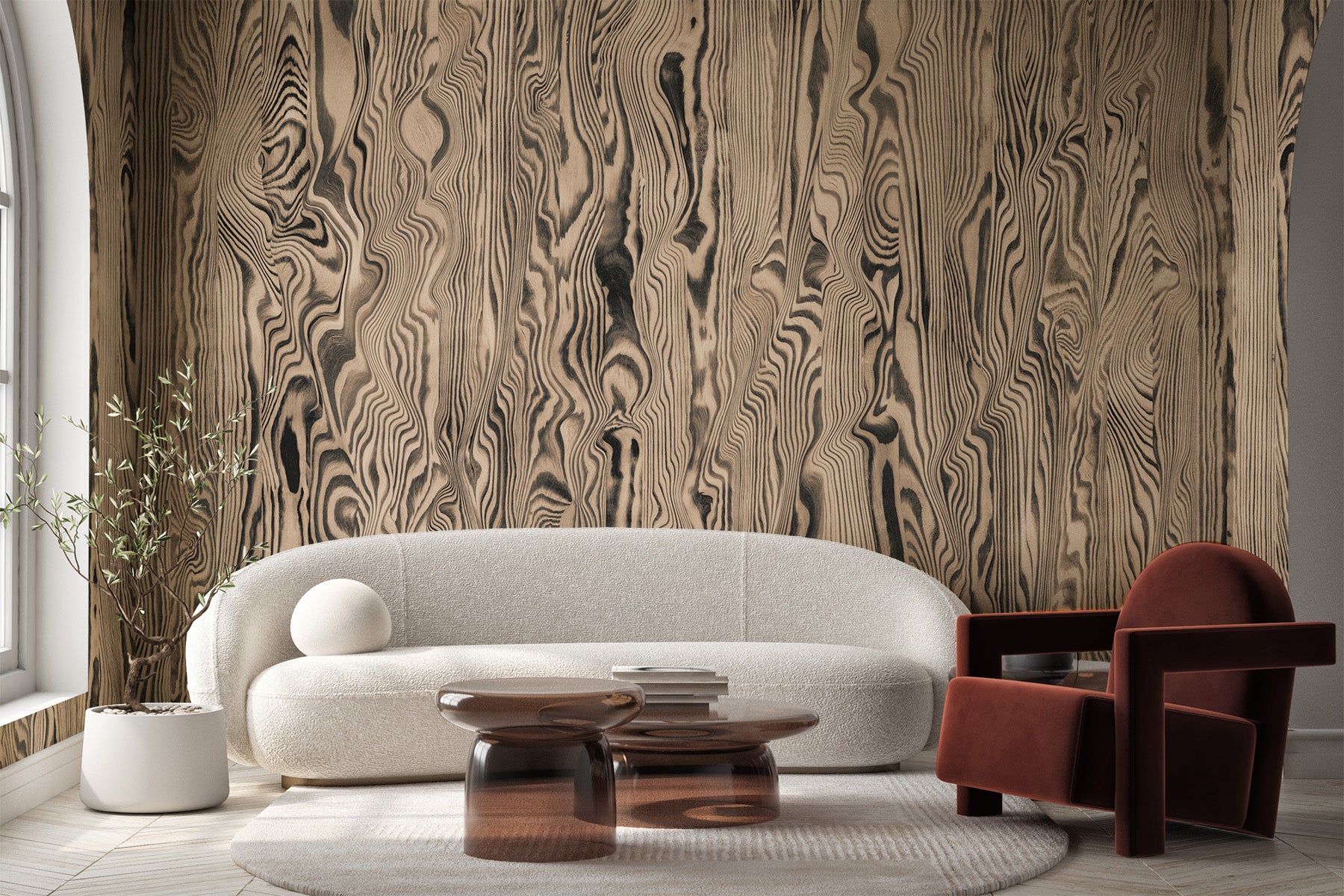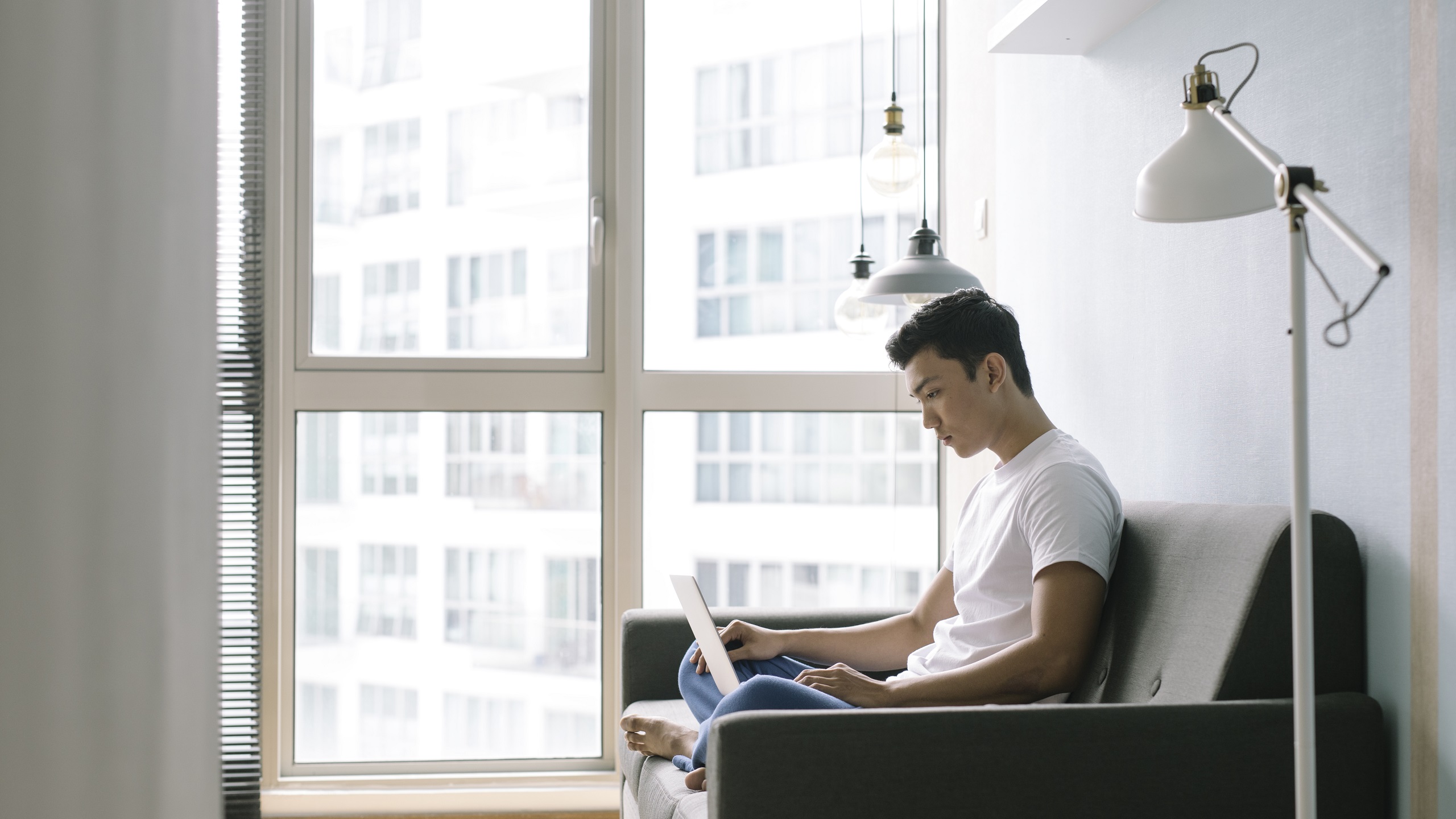The reason why Minimalism is the Key to Accomplishing a More Organized and Stress-Free Life
The reason why Minimalism is the Key to Accomplishing a More Organized and Stress-Free Life
Blog Article
Understanding Minimalism: Techniques for Lowering Mess and Enhancing Clearness in Everyday Living
Minimalism is progressively acknowledged as a practical approach to boosting clearness and focus in today's cluttered world. By methodically evaluating our belongings and prioritizing intentionality, we can create areas that not only show our worths yet also promote mental well-being. Employing approaches such as the "Four-Box" technique can promote an extra organized setting, yet the true difficulty hinges on cultivating a minimal mindset that maintains these initiatives. Exploring the subtleties of this ideology might reveal unusual understandings into how you can change your every day life. What might you find when you welcome this intentional simplicity?
Specifying Minimalism and Its Advantages
Specifying minimalism entails recognizing it as a lifestyle selection that highlights simplicity and intentionality in both everyday routines and physical possessions. At its core, minimalism urges people to prioritize what really matters, enabling a more meaningful and concentrated existence. By removing away the non-essential, minimalism welcomes individuals to involve deeply with their surroundings and experiences.
The benefits of adopting a minimal method are multifaceted. To start with, it fosters psychological quality, as reducing mess in one's atmosphere can lead to reduced interruptions and anxiety. When bordered by less properties, people often report improved focus and boosted efficiency. Secondly, minimalism promotes economic freedom; by prioritizing requirements over desires, individuals can make even more enlightened acquiring choices, causing possible savings and decreased financial obligation. Additionally, a minimalist way of living can produce psychological benefits, as it urges individuals to grow appreciation for what they have instead of yearning for extra.
Eventually, minimalism is not just regarding material decrease yet includes an alternative change in point of view, fostering a life defined by balance, purpose, and fulfillment. Accepting this way of life can lead to extensive changes in how people perceive and connect with the globe around them.
Examining Your Present Clutter
Mess often shows up as a frustrating accumulation of items that no more offer a purpose, creating a barrier to attaining a minimal way of living. To successfully assess your current clutter, it is important to take on a systematic technique. Begin by determining the areas in your space that feel chaotic or overwhelming. Bear in mind of certain categories of items, such as clothes, publications, or cookware, as this will certainly aid you recognize the extent of the clutter.

Furthermore, think about the frequency of use for each product. Ultimately, understanding your present clutter is a vital action toward accepting minimalism and enhancing clarity visit the website in your daily living.

Practical Decluttering Strategies
Having analyzed your present clutter, the following action is to implement practical decluttering techniques that promote an even more arranged living room. Minimalism. One effective technique is the "Four-Box" strategy, where you assign four boxes identified: maintain, contribute, trash, and relocate. This method motivates fast decision-making and makes certain things are categorized suitably
One more strategy is the "One in, One out" guideline, which stipulates that for each new item obtained, an existing item needs to be gotten rid of. This concept aids keep equilibrium and prevents build-up over time. Additionally, think about the "30-Day Minimalism Video Game," where you get rid of one item on the very first day, two on the second, and so forth, cumulatively fostering a feeling of success.
For those that battle with psychological add-ons to ownerships, the "Emotional Worth" approach can be beneficial. Limitation yourself to a particular variety of valued products, allowing you to appreciate their importance without frustrating your room. Lastly, develop a routine decluttering timetable, whether regular monthly or seasonally, to preserve a clutter-free setting. By utilizing these methods, you can develop a more effective and tranquil home, eventually enhancing clarity in your day-to-day life.
Developing Deliberate Spaces
Developing deliberate spaces includes a thoughtful method to exactly how we layout and arrange our environments, making sure each location serves a certain objective and shows our values. This practice is crucial in growing a feeling of quality and objective in our every day lives. By critically assessing the function of each room, we can get rid of disturbances and improve our total wellness.
To develop deliberate areas, begin by determining the main tasks that will happen in each area. As an example, a home office must be designed to continue reading this foster efficiency, including aspects such as sufficient lights, comfortable furnishings, and very little distractions. On the other hand, a relaxation area must promote serenity, featuring soothing colors and comfortable seats.
Additionally, think about the psychological effect of your surroundings (Minimalism). Including individual products that resonate with your worths, such as art work or plants, can boost the link to your room. On a regular basis examine these environments to guarantee they remain to serve their designated purpose as your requirements progress
Inevitably, creating willful spaces is concerning making conscious options that align with your way of living, promoting harmony and effectiveness in your living and functioning atmospheres.
Maintaining a Minimalist Frame Of Mind
Embracing a minimal attitude needs recurring representation and intentionality in our ideas and actions. Establish aside time to assess your commitments, ownerships, and even electronic material, ensuring they align with your core concepts.
This change in viewpoint urges recognition for simplicity, enhancing general health. Integrating mindfulness methods, such as meditation or journaling, can additionally reinforce a minimal attitude by advertising clarity and decreasing mental clutter.
In addition, develop boundaries to safeguard your energy and time. Find out to claim no to non-essential obligations and interruptions that do not add to your personal development. Surround on your own with like-minded people that sustain your minimal trip, as shared values can improve motivation and responsibility.
Final Thought
In conclusion, embracing minimalism uses significant advantages, including lowered mess and boosted clarity in daily life. The principles of minimalism offer as valuable tools for growing an check that environment that supports personal growth and wellness.

In addition, think about the "30-Day Minimalism Game," where you get rid of one thing on the very first day, two on the 2nd, and so forth, cumulatively cultivating a sense of accomplishment.
In conclusion, embracing minimalism uses significant benefits, including reduced clutter and improved clarity in day-to-day life.
Report this page